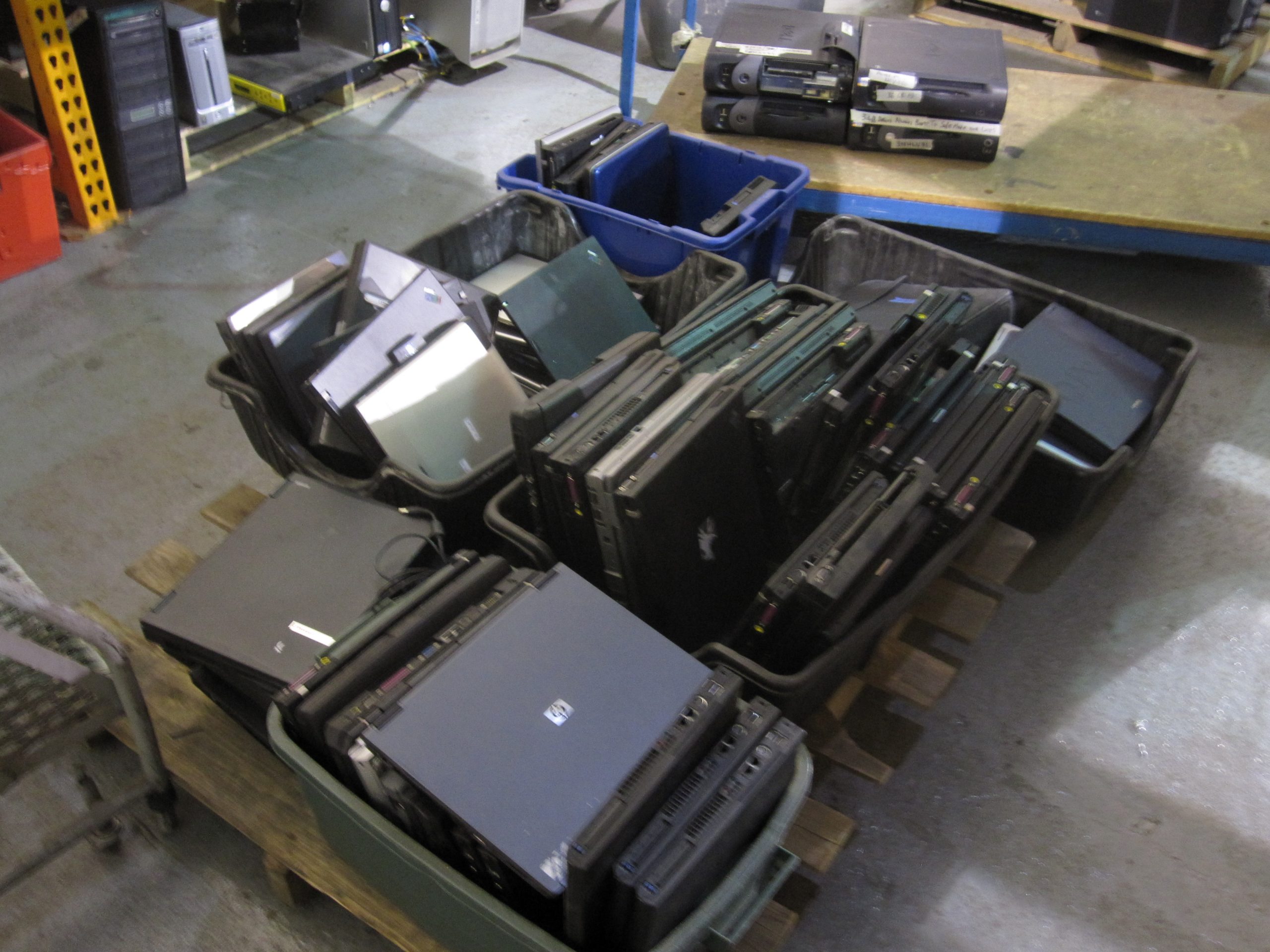The profitable reusability of End-of-Use or End-of-Life (EoU/L) products depends on how consumers have used them over the initial lifecycles and what are their EoU conditions. In addition to consumers’ behavior, product design features such as product durability has an impact on the future reusability. In this study, we have used a data set of 500 Lithium-ion laptop batteries with the aim of investigating the potential reusability of laptop batteries. This type of rechargeable batteries is popular due to their energy efficiency and less common technical defects. We have linked the reusability assessment to the consumer behavior and degradation process simultaneously through monitoring the performance of batteries over their lifetimes. After capturing the utilization behavior, the performance-based stability time of batteries has been approximately derived. Consequently, the reusability likelihood of batteries has been quantified using the number of cycles that the battery can be charged with the aim of facilitating future remarketing and recovery opportunities. Finally, we have provided an optimization model to determine the optimum price policy based on the number of battery’s remaining cycles for future reuse.
Read more about this study:
Reusability Assessment of Lithium-Ion Laptop Batteries Based on Consumers Actual Usage Behavior
